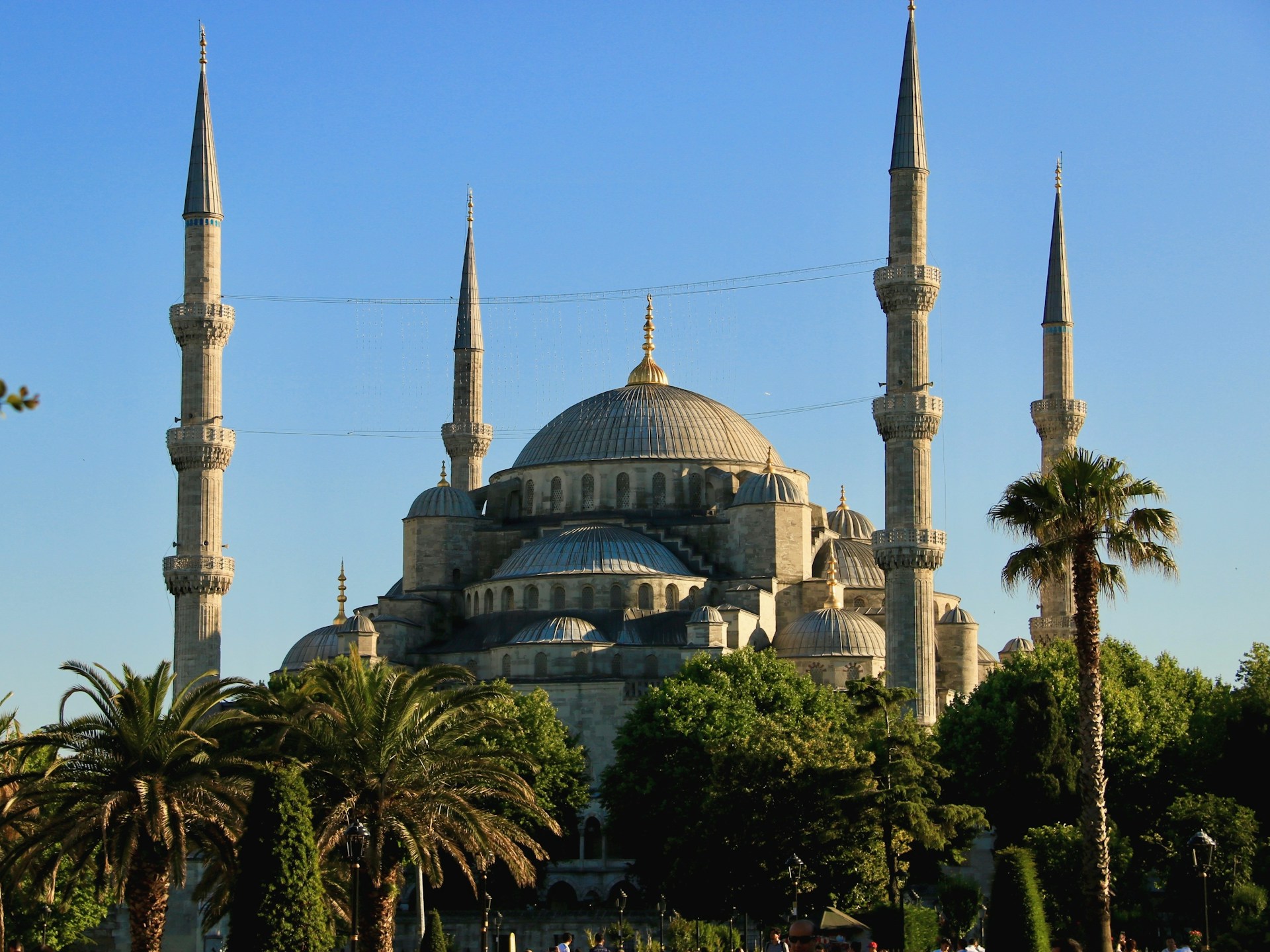UNESCO World Heritage Sites of Turkey

Photo: Göreme, Nevşehir Merkez/Nevşehir, Turkey
The United Nations Educational, Scientific and Cultural Organization (UNESCO) has declared more than 1,000 sites around the world to be of outstanding value to humanity.
As of 2020, Türkiye is home to 17 cultural and 2 mixed UNESCO World Heritage Sites. Mixed heritage sites contain elements of both natural and cultural significance. History comes alive as you travel within Türkiye. Sites with unique culture and historical significance can be admired and will enrich your knowledge of humanity’s extensive heritage. Türkiye has numerous sites on the Tentative List of UNESCO World Heritage Sites.

Photo: Blue Mosque,
As of 2020, the number of sites of cultural, historical, and natural value in Türkiye on the Tentative List reached 84. These are all of great historical importance and undoubtedly deserve protection and international recognition. Many civilizations from the earliest ages of humanity have settled in Türkiye and have left their mark on this beautiful country. Spectacular examples of natural wonders stand side by side with this rich cultural heritage.
Turkey boasts a rich tapestry of UNESCO World Heritage Sites that chronicle its diverse history and natural wonders. Let's delve into a few examples:
- Historical Areas of Istanbul: This UNESCO site encompasses key landmarks like the Hagia Sophia, Topkapi Palace, and the Sultanahmet Mosque (Blue Mosque). These architectural marvels reflect the city's importance as the capital of the Byzantine and Ottoman Empires.
- Göreme National Park and the Rock Sites of Cappadocia: Known for its surreal landscape of fairy chimneys, rock-cut churches, and underground cities, Cappadocia is a testament to human ingenuity and adaptation to the environment. Visitors can explore ancient cave dwellings and witness breathtaking hot air balloon rides over the picturesque terrain.
- Hierapolis-Pamukkale: Pamukkale, meaning "cotton castle" in Turkish, is famed for its terraces of white travertine formed by calcium-rich mineral waters cascading down the hillside. Nearby, the ancient city of Hierapolis features well-preserved Roman ruins, including a theater, necropolis, and thermal baths.

Photo: Pamukkale
- Hattusha: This archaeological site was once the capital of the Hittite Empire, one of the most powerful civilizations of the ancient Near East. Visitors can explore the remains of Hattusha's massive city walls, temples, and royal residences, providing insights into Hittite culture and governance.
- Ephesus: As one of the best-preserved ancient cities in the Mediterranean region, Ephesus offers a glimpse into life during the Roman period. Highlights include the Library of Celsus, the Temple of Artemis (one of the Seven Wonders of the Ancient World), and the Grand Theater, where St. Paul once preached.
These UNESCO World Heritage Sites in Turkey not only showcase the country's rich history and cultural heritage but also serve as reminders of the interconnectedness of civilizations throughout the ages. Each site tells a unique story, inviting visitors to explore and appreciate the depth of Turkey's historical and natural treasures.

